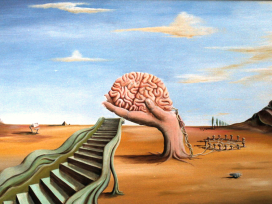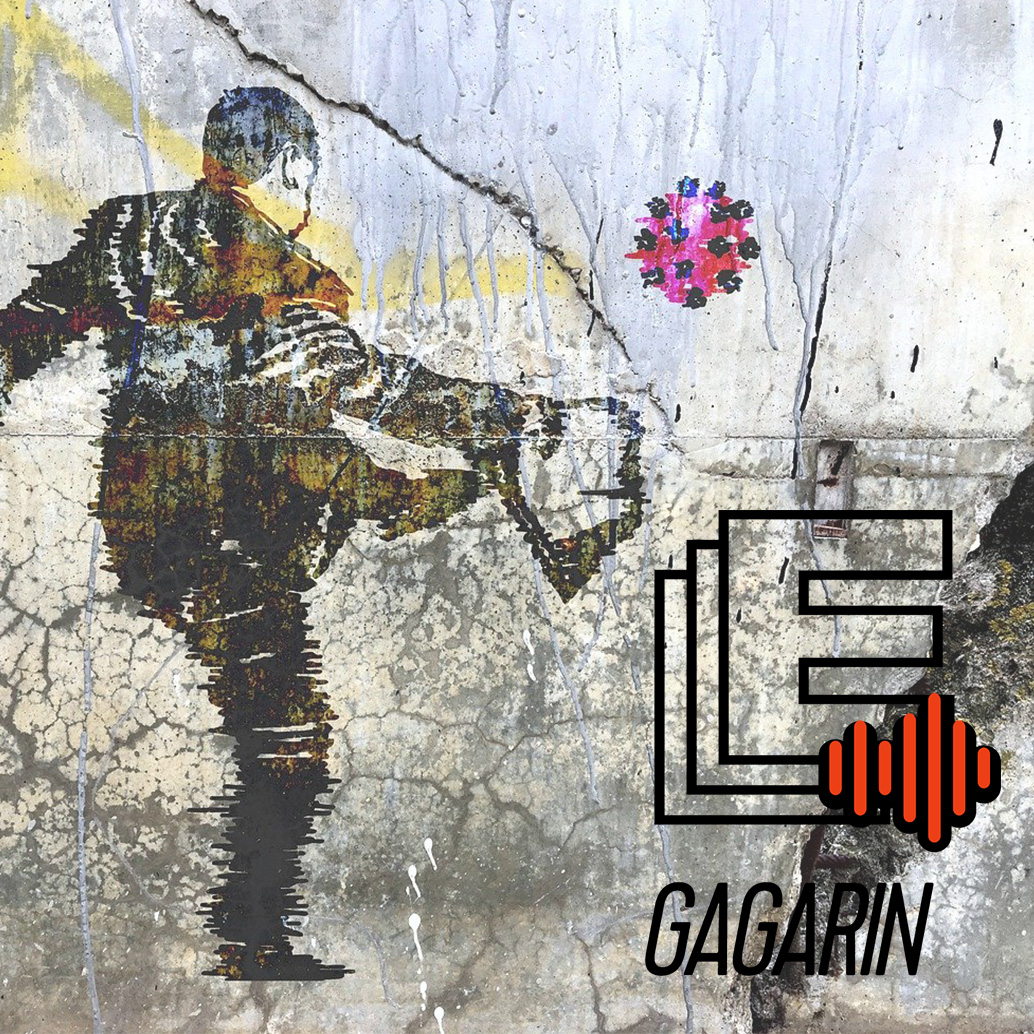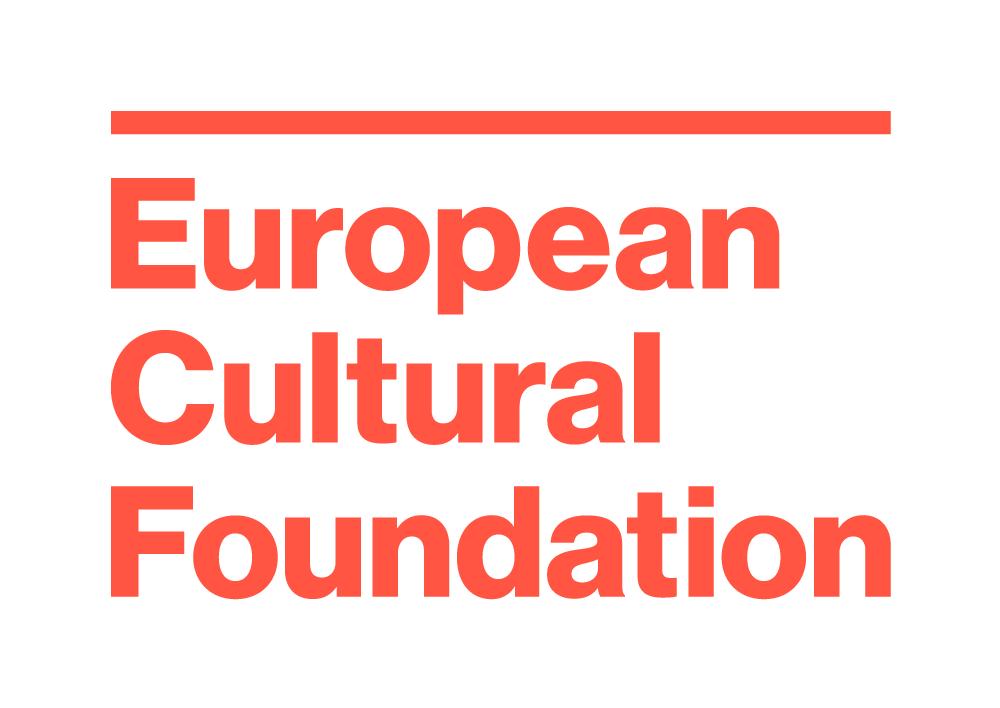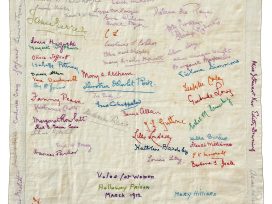Learning to live with the madness
Distrust in authority is the fundamental reason for low vaccination rates across eastern Europe. But we shouldn’t think of anti-science as the expression of mere ignorance, nor primarily as a grass-roots movement.
Rejecting science is not so much a grass-roots movement, says Péter Krekó, as it is a position based on political affiliation. While acknowledging that the excessive mystification of scholarly knowledge and the natural sciences can harm the democratization of these fields, Krekó argues that tackling anti-science requires investigation too. Perhaps disinformation and junk science cannot be eradicated, but critical skills can help navigate an accelerated digital media environment.
This episode of Gagarin is also available as an extended version with bonus material for Eurozine patrons. In the full conversation, we look into what effect vaccine debates will have on the upcoming Hungarian elections, and whether there is an antidote to junk science and bogus commercial undertakings.
Péter Krekó is director of the Budapest-based think tank Political Capital Institute, Hungary. He is also a former Europe’s Futures Fellow of Eurozine’s long-time collaborator, the Institute for Human Sciences, Vienna. He has written extensively for Eurozine on conspiracy theories and disinformation, and their implications for the pandemic.
Find Péter Krekó’s latest article, ‘Mutations of science in the pandemic in Eurozine, along with his previous articles dealing with disinformation, social psychology and more.
Please subscribe to the podcast and leave a review so more people can find us. You can also subscribe to our newsletter, so you’ll always know what’s worth thinking about.
Published 11 February 2022
Original in English
In collaboration with
In focal points
Newsletter
Subscribe to know what’s worth thinking about.
Related Articles

Every era has its myths and rituals, doomed to seem absurd to future generations. Today, we believe in psychology, a suspicious science occupying the realm between belief and emotion.

Taking on imperial knowledge, cultural denial and dogmatic absolutism requires authors who can find their way around tricky narrative strategies, using their wits to juggle cultural preconceptions.







